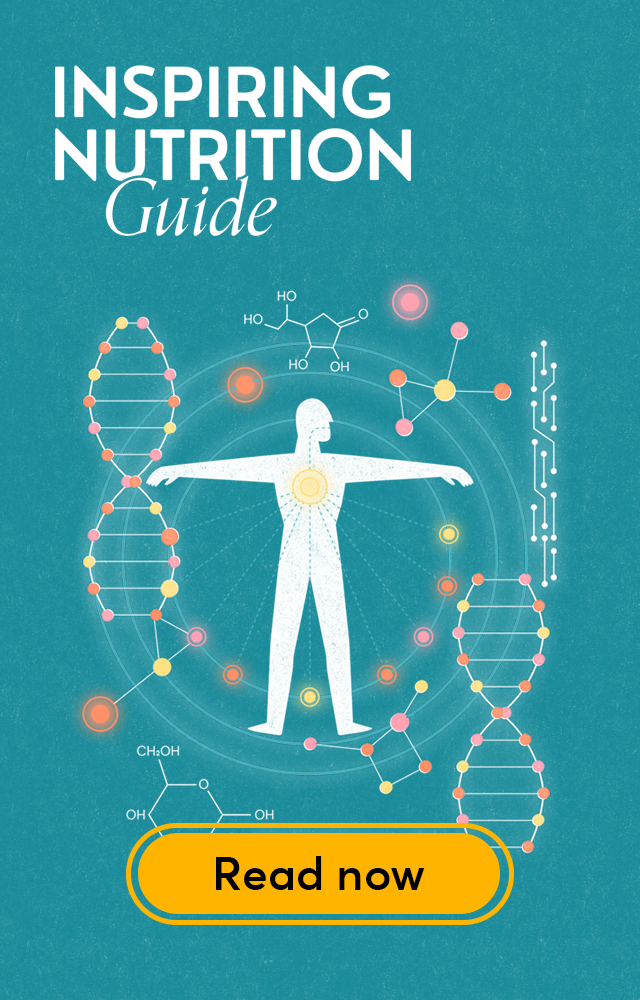Six innovation hubs launched as part of £15M research into diet and health

Several UKRI organisations have joined forces to launch six hubs dedicated to improving innovation related to diet and health within the food and drink sector.
The Diet and Health Open Innovation Research Club (OIRC) represents an almost £15 million investment into public nutrition. It will bring together academia, industry, and wider stakeholders, according to UKRI, and will target some of the most pressing topics associated with improving the diets of the nation.
Poor diet has a huge impact on public health and services, and this was one of the points of focus for the Government Food Strategy released earlier this year.
Led by the UKRI Biotechnology and Biological Sciences Research Council, and with support from Defra, Innovate UK and the Medical Research Council, the new OIRC has stipulated five strategic research priority areas.
The research areas are: understanding the interplay between food components and human physiology; improving health and nutrition through biofortification; biological, social and psychological determinants of food choice and eating behaviour; development of functional foods and beverages; and understanding how food and beverages deliver improved nutrition across the life-course.
The six individual innovation hubs will work collaboratively where possible, with the ultimate aim of developing cross-sector networks, UKRI says. Hubs will be based at UK universities, with the Universities of Southampton, Surrey, Reading, Bristol involved, as well as Imperial College London and Quadram Institute Bioscience in Norwich.
Each hub will have a specific focus:
- The Translational Innovation Hub for Population Health using Food and Nutrition approaches to enhance Positive Physiology (Imperial College London): will work to understand what is causing adverse health conditions like cancer, obesity and type 2 diabetes and what can be done within our current food system to improve the situation.
- The Innovation Hub for Improving Health and Nutrition through Biofortification (Quadram Institute Bioscience): will leverage expertise in soil, crop genetics, food innovation and human health to explore biofortification of food and feed crops with farmers, food producers and retailers across the supply chain.
- The Consumer Lab (University of Bristol): will build academic and industry partnerships to ensure sustained acceptance of healthy foods using novel methods of data capture, with a prioritised focus on underrepresented communities to ensure their needs are being met.
- The Investigating the Role of Functional Foods and Beverages to Improve Health and Recovery Hub (University of Reading): will utilise expertise in the gut microbiome, mental health, sports and exercise and metabolism to understand how functional foods can be leveraged to improve human health via gut microbes.
- The Understanding How Food and Beverages Deliver Improved Nutrition Across the Life-Course Hub (University of Southampton): will explore how food can be used to deliver improved nutrition across the entire life-span but particularly older age.
- The STAR Start Healthy – Stay Healthy hub (University of Surrey): will broker and support new academic-industry partnerships and use existing evidence to produce novel, affordable and sustainably produced plant-based dietary solutions that can preserve and boost vital physiological processes that translate to better mental and cognitive health.
Researchers from the National Centre of Excellence for Food Engineering at Sheffield Hallam University will also take part, working alongside colleagues at Imperial College London, the University of Surrey and food and drink producer Pepsico.
Dr Lee Beniston, Associate Director for Industry Partnerships and Collaboration at BBSRC, said: “The Diet and Health Open Innovation Research Club is a new approach for BBSRC that will provide an open innovation platform for businesses, researchers and wider innovation and UK Government stakeholders to work together across six hubs focused on a range of diverse diet and health research and innovation priorities.”
Food Minister Mark Spencer added: “I am delighted that scientists and experts can now come together in these new innovation hubs to convene the latest science around obesity and healthy eating.
“Together they can work to close the knowledge gaps between current dietary trends and obesity, whilst improving our understanding of the relationship between food and health.”









